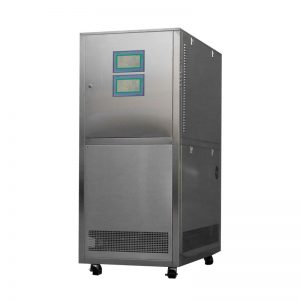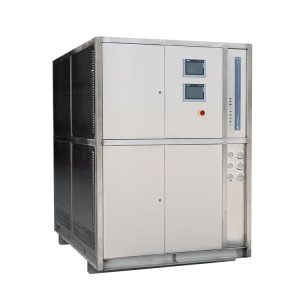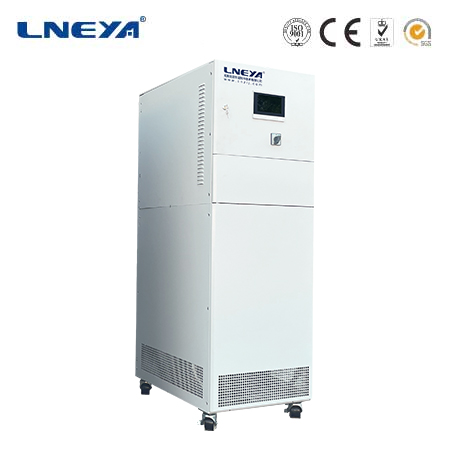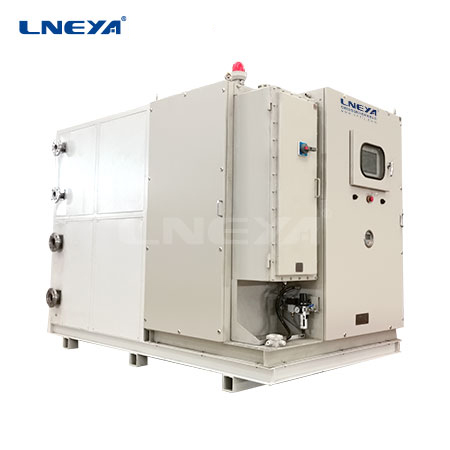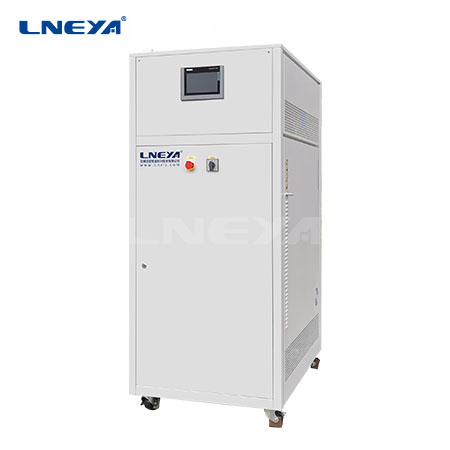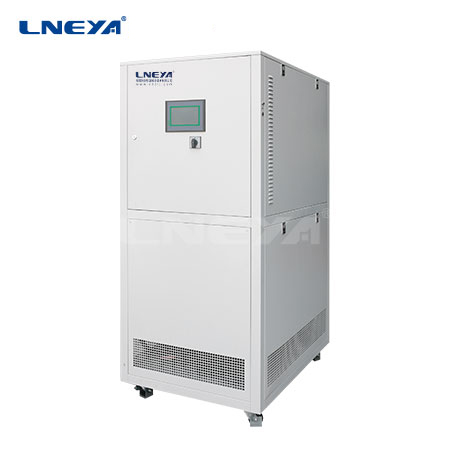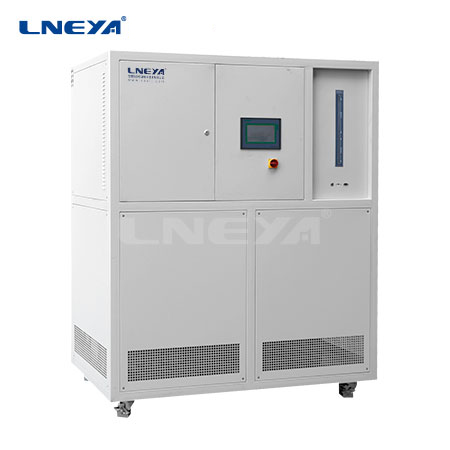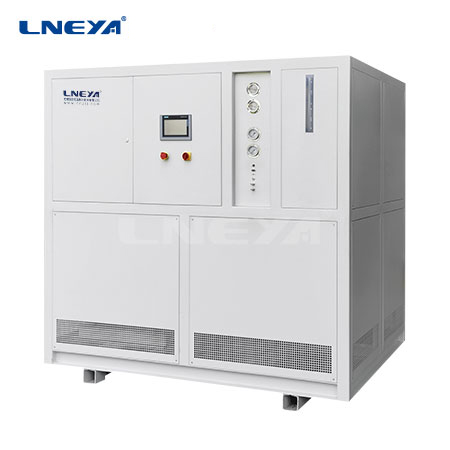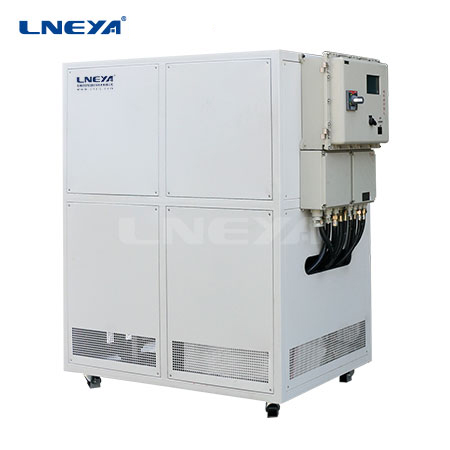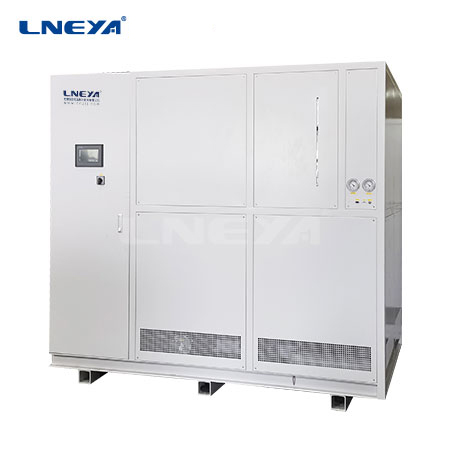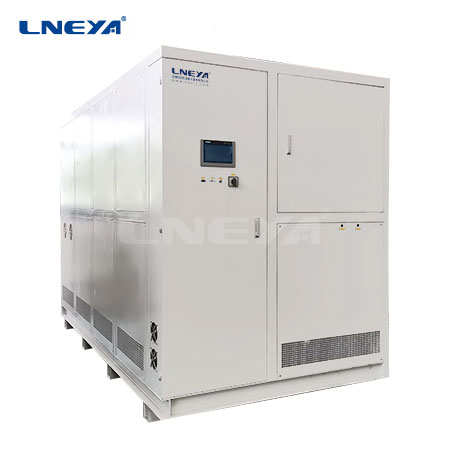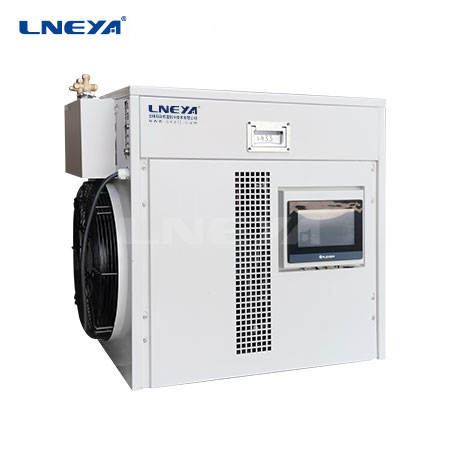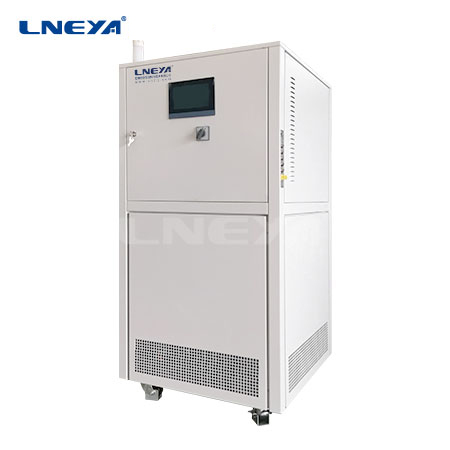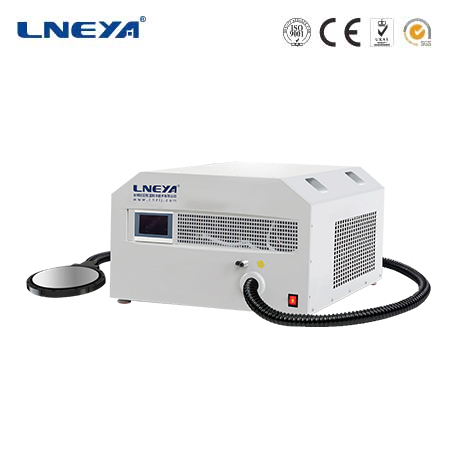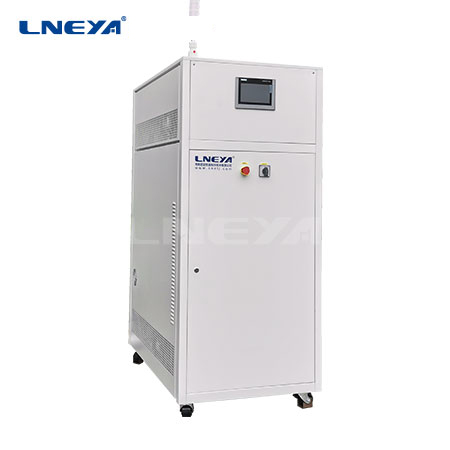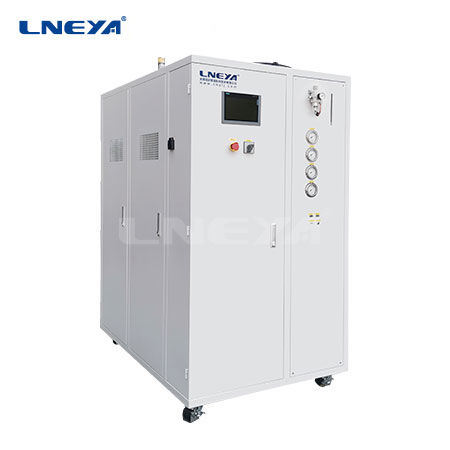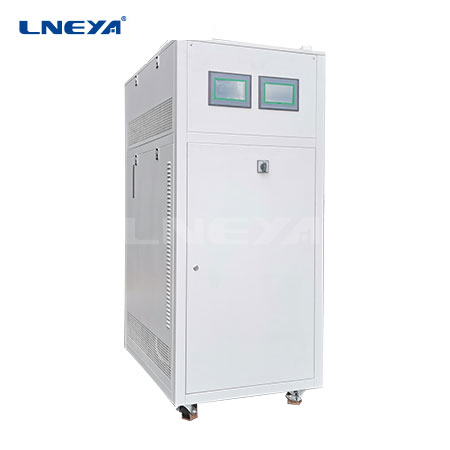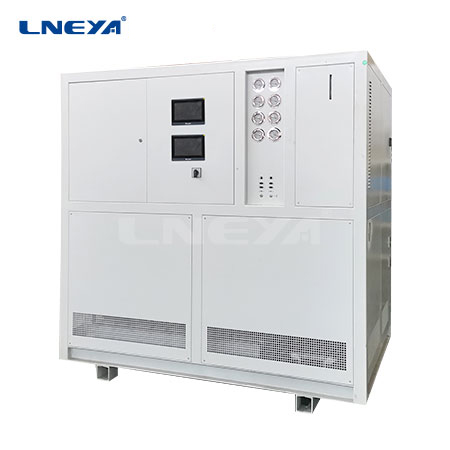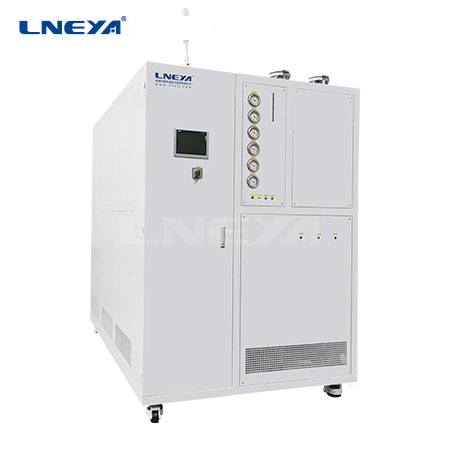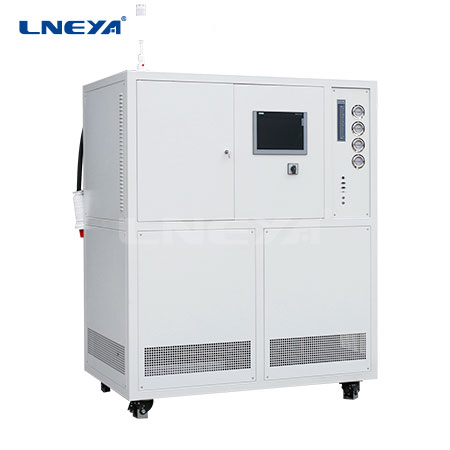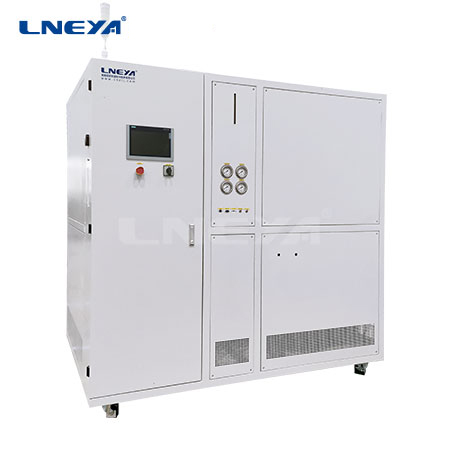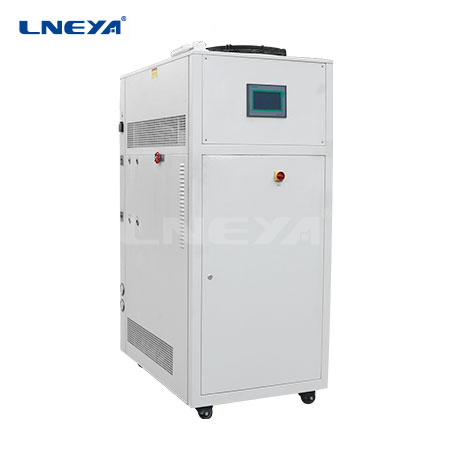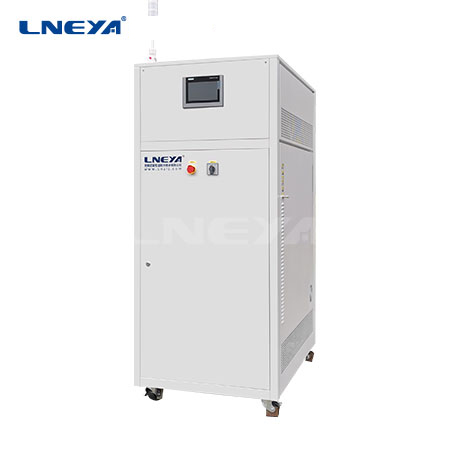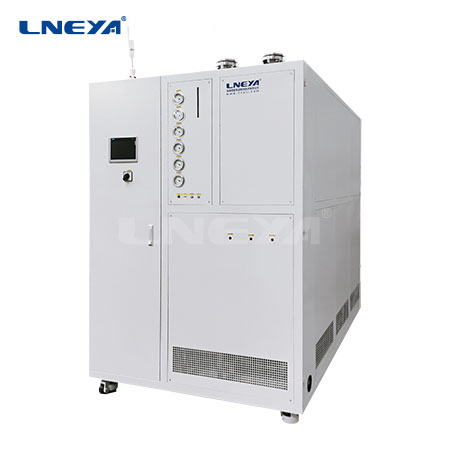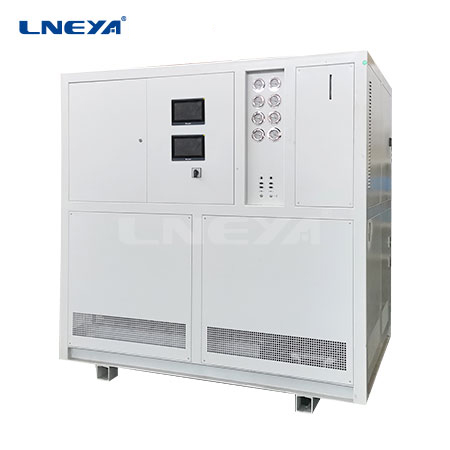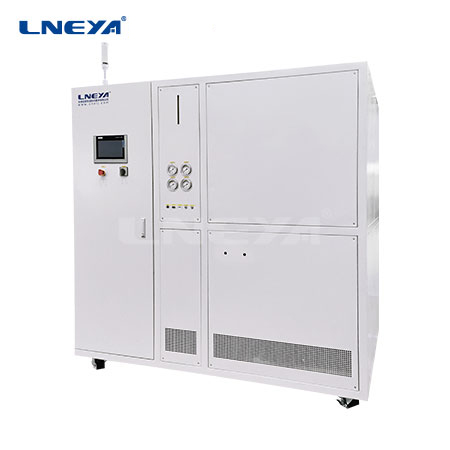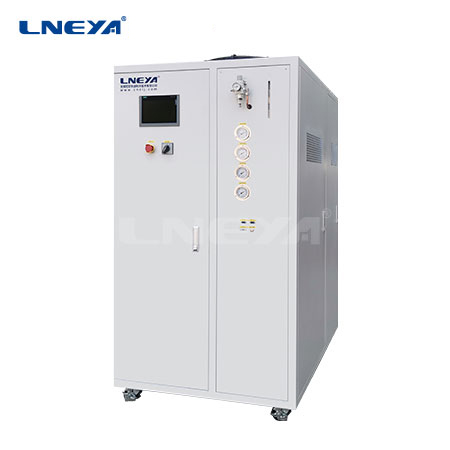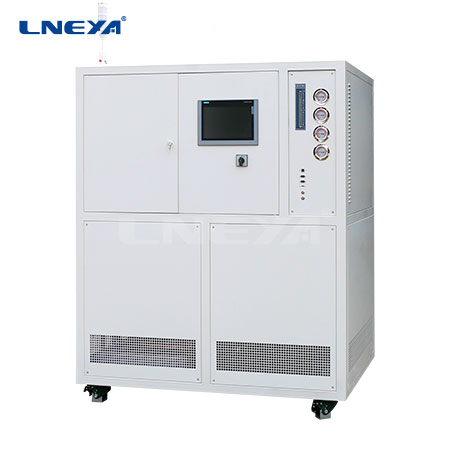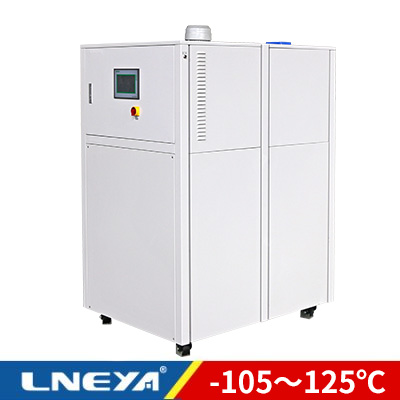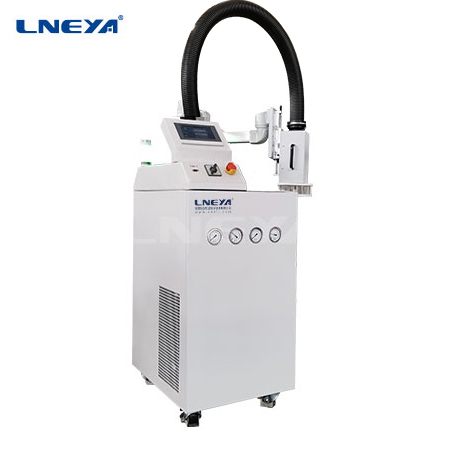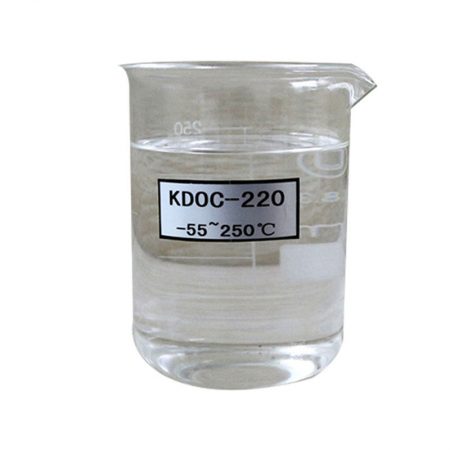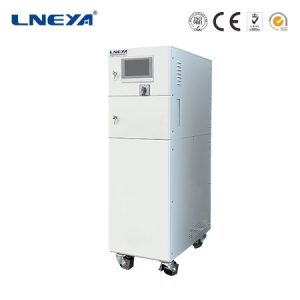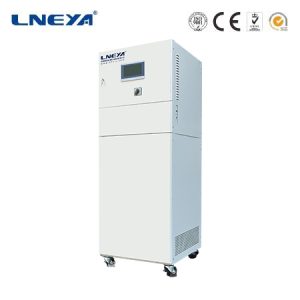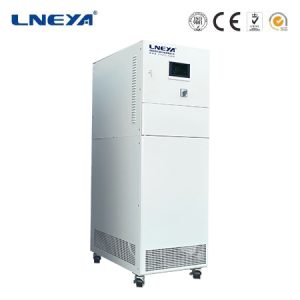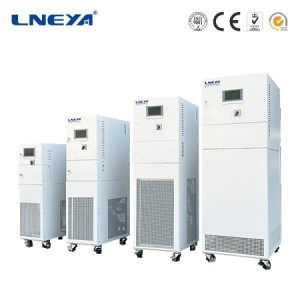Understanding Chiller System Prices
Chiller systems are an indispensable part of Heating, Ventilation, and Air Conditioning (HVAC) in commercial and industrial facilities. They play a crucial role in maintaining optimal temperatures for occupant comfort and equipment functionality. With the growing emphasis on energy efficiency and sustainability, the chiller market is evolving, offering a range of options to meet diverse needs.

heater chiller temperature controller
Types of Chiller Systems
Chiller systems can be broadly classified into air-cooled and water-cooled types. Air-cooled chillers use ambient air to dissipate heat and are known for their ease of installation and lower initial costs. However, they may consume more energy due to the need for additional fans, leading to higher operational costs. Water-cooled chillers, on the other hand, use water循环 to dissipate heat and are more efficient in terms of energy use. They typically have a higher initial cost due to the need for additional components like cooling towers and pumps but offer lower long-term operational costs.
Factors Influencing Chiller Prices
The cost of a chiller system is influenced by several factors, including:
Type and Size of Chiller: The type of chiller, its cooling capacity, and the technology it uses can significantly impact the price. Larger chillers and those with advanced features tend to be more expensive.

heater chiller unit
Installation Costs: The cost of installation varies depending on the complexity of the system and the location. Air-cooled chillers are generally easier and less expensive to install due to their simpler design.
Maintenance and Operational Costs: Ongoing maintenance and operational costs should be considered when evaluating the total cost of ownership. Water-cooled chillers may require more frequent maintenance due to the involvement of water treatment and cooling tower upkeep.
Energy Efficiency: Chillers with higher energy efficiency ratings can reduce operational costs and contribute to a greener footprint. The market is seeing a shift towards more energy-efficient models, with advancements in technology playing a significant role.
Environmental Considerations: With growing concerns about global warming and ozone depletion, the choice of refrigerants and the environmental impact of chiller systems are becoming more critical. This has led to the development of eco-friendly chillers that use natural refrigerants with lower global warming potential (GWP).

industrial heater chiller
Market Trends and Growth
The global chiller market is expected to grow at a compound annual growth rate (CAGR) of 4.2% during the forecast period (2022-2027), driven by the construction of new commercial buildings, urbanization, and modernization of healthcare infrastructure. The demand for chillers is also increasing in the chemical and food processing industries, where precise temperature control is essential.
Заключение
Investing in a chiller system requires a comprehensive understanding of the total cost of ownership, including initial investment, operational expenses, and maintenance costs. The choice between air-cooled and water-cooled chillers depends on specific application needs, budget considerations, and long-term energy efficiency goals. As the market continues to evolve, the focus on energy efficiency and environmental sustainability will play a crucial role in shaping the future of chiller systems.
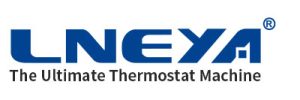 ЛНЕЙЯ
ЛНЕЙЯ
 简体中文
简体中文







